Showing 16-30 of 66 results

Health Lab
Study uncovers genetic components of insulin resistance.

Health Lab
One diabetes program is moving to revolutionize investigations and treatment in the field

Health Lab Podcast
It showed high levels of accuracy at predicting death, major bleeding events and the need for blood transfusion. Visit Health Lab to read the full story. The BMC2 Probability of Events Following PCI application can be found here.

Health Lab
Researchers at Michigan Medicine developed an AI-driven algorithm that accurately predicts death and complications after PCI — which could emerge as a tool for clinicians as they determine treatment for blocked heart arteries.

Health Lab
Researchers and clinicians at the U-M Health Frankel Cardiovascular Center began sending reconditioned pacemakers to low- and middle-income countries for compassionate use cases in 2010 through the “My Heart Your Heart” program.

Health Lab
The Flourish recharge room, an innovative gift given to Michigan Medicine, provides staff with a transformative and healing experience.
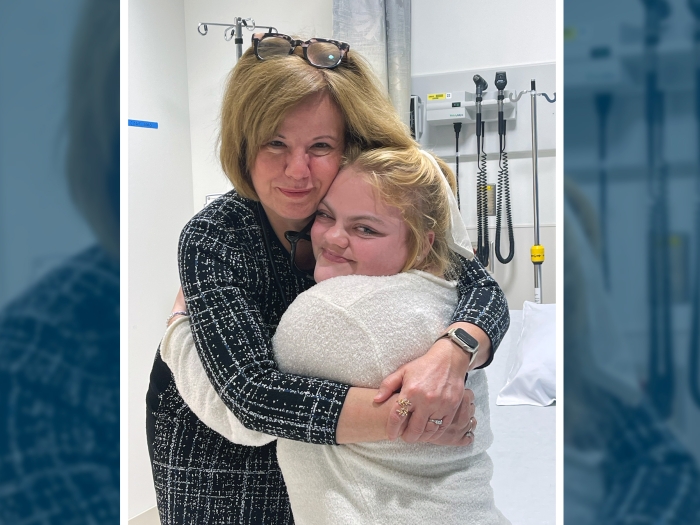
Health Lab
Mallory Mattison serves as the inspiration behind critical medical research that’s supporting other patients like her with lipodystrophy syndromes
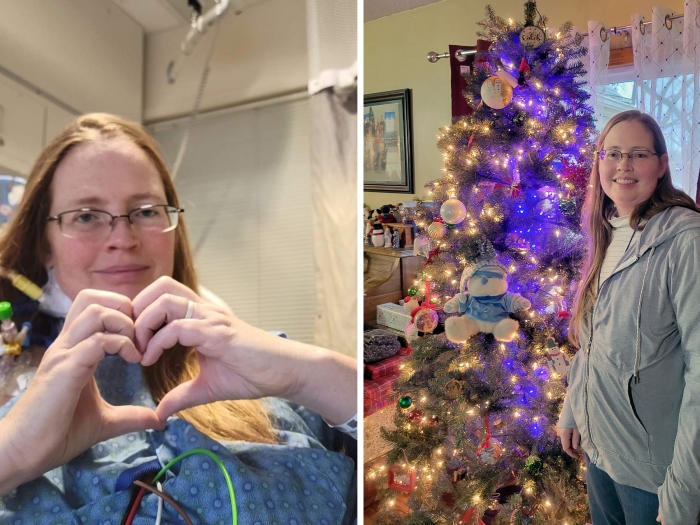
Health Lab
At Michigan Medicine, a mother of eight kids underwent a heart transplant surgery through a process called donation after circulatory death, or DCD, which saved her life.

Health Lab
In a study of the three most commonly prescribed blood thinners, the oral anticoagulant rivaroxaban, known by the brand name Xarelto, was associated with a significantly higher risk of bleeding complications than apixaban (brand name Eliquis) and warfarin for patients with blood clots or atrial fibrillation.
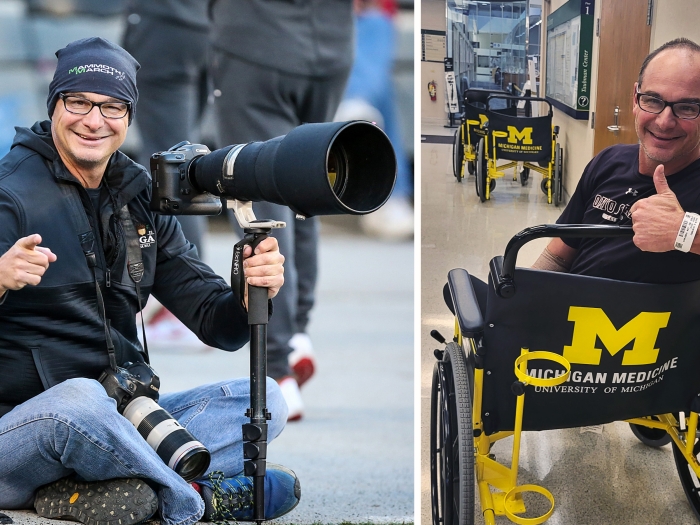
Health Lab
An Ohio-based sports photographer is recovering safely at home — and feeling somewhat victorious, despite the Buckeye loss — after having a heart attack at the conclusion of the Michigan-Ohio game.

Health Lab
The use of telehealth remains high, with over 20% of American adults taking appointments online. These visits include video calls with registered dietitian nutritionists, who have a critical role in helping patients take on lifestyle changes through medical nutrition therapy. With a focus on the changing digital landscape, researchers at Michigan Medicine found that telemedicine patients with hyperlipidemia — an excess of cholesterol or fats in the blood — experienced similar positive health benefits compared to those who had in-person visits.
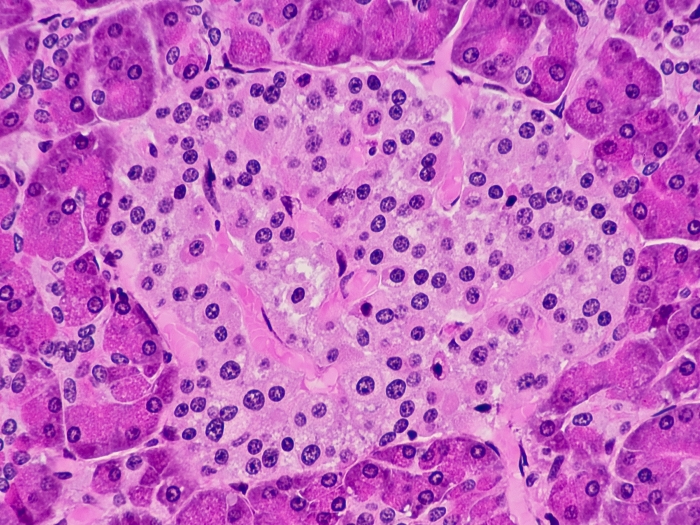
Health Lab
Teams from Vanderbilt University Medical Center and the University of Michigan design a comprehensive study that integrates multiple analytic approaches that has linked a regulatory gene network and functional defects in insulin-producing pancreatic beta cells to type 2 diabetes.
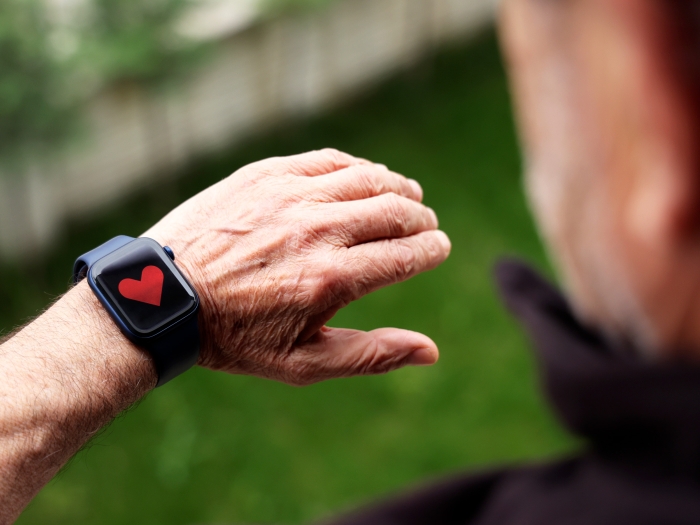
Health Lab
A Michigan Medicine research team developed a prescription wristwatch that continuously monitors the wearer’s heart rhythm and uses a unique algorithm to detect atrial fibrillation. The clinical-grade device, called the Verily Study Watch, proved very accurate at identifying atrial fibrillation in participants.

Health Lab
Through a series of experiments in non-human primates, mice and humans, a multi-institutional team led by researchers from Michigan Medicine and Rush University found that the immune protein soluble urokinase plasminogen activator receptor, or suPAR, is an important link between viral infections and proteinuria; the elevation of protein in the urine is known to cause glomerulopathy, a common form of kidney disease.

Health Lab
Research at Michigan Medicine has been working to improve the psychosocial concerns related to diabetes, which often pose issues for people living with the condition